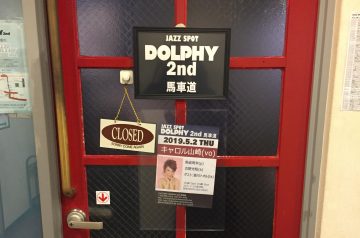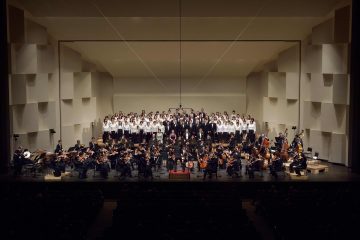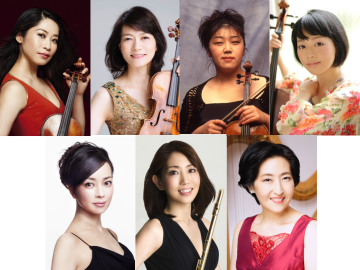Received the 65th Yokohama Cultural Award Culture and Arts Encouragement Award! Kanagawa Philharmonic Orchestra permanent conductor Kentaro Kawase talks about the appeal and future of the Kanagawa Philharmonic Orchestra
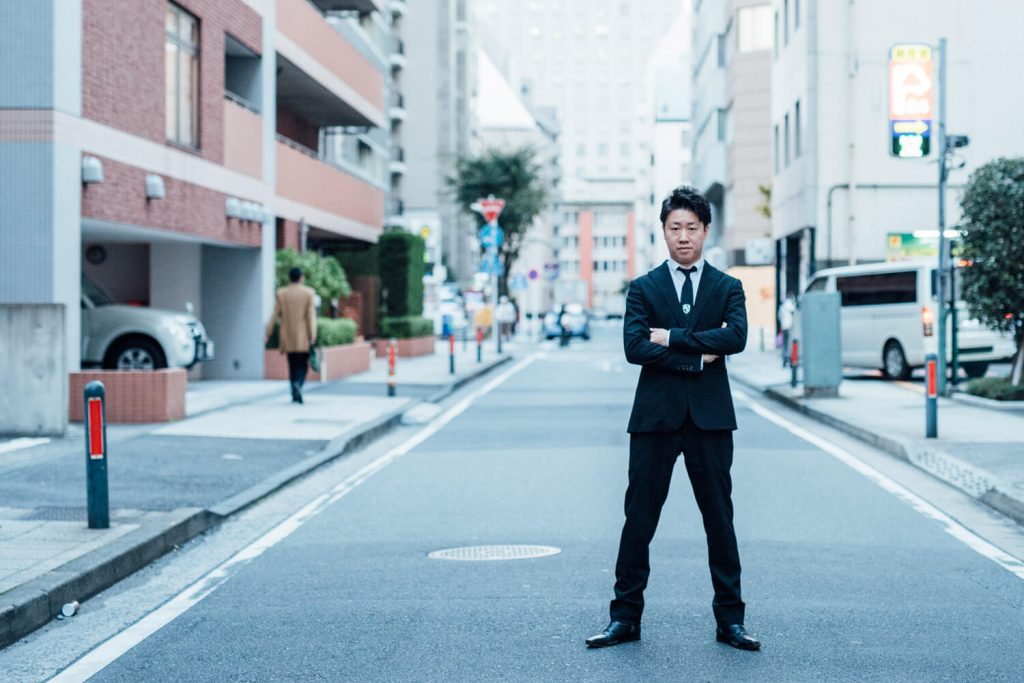
--Congratulations on winning the 65th Yokohama Cultural Awards Culture and Arts Encouragement Award!
Kawase : Thank you.
--In the historic Yokohama Cultural Awards, the Culture and Arts Encouragement Award is given to young people who are currently active and who are expected to do even better in the future. How did you receive the news of winning the award?
Kawase : Next year will be 10 years since I debuted, and from last year to this year I had the opportunity to win various awards all at once. I was very happy to receive this new award. In particular, this time we will receive something from Yokohama City, home of the Kanagawa Philharmonic Orchestra. I'm very grateful for this award because I was able to get more people to know about me through my activities with the Kanagawa Philharmonic.
--It's true that Mr. Kawase has won many prestigious awards since last year, including the Akio Watanabe Music Foundation Music Award, the Kanagawa Cultural Award Future Award, the Hideo Saito Memorial Fund Award in the conducting category, and the Idemitsu Music Award.
Kawase : Yes. However...I think the image that you see of a conductor is confidently leading an orchestra on stage, but you never know how a concert will turn out until you try it. There is also pressure that I might fail, but I don't want to stop trying just because of that. I'm always worried about whether this is the right thing to do. However, I think that receiving an award like this is proof that people are interested in my music and find it interesting. That gives me a lot of confidence.
--This award reflects the expectations of the people who actually attended Mr. Kawase's concert.
Kawase : That's why I think I'm not the only one who received this award. As I said in my speech at the presentation ceremony, no matter how great the conductor may seem, I cannot produce a single note by myself. It would not be possible without the orchestra that plays for us. In particular, the awards I received from Kanagawa Prefecture and Yokohama City were made possible because I worked with the Kanagawa Philharmonic Orchestra. I would like to once again express my gratitude to the musicians, staff, and customers who come to see our performances.
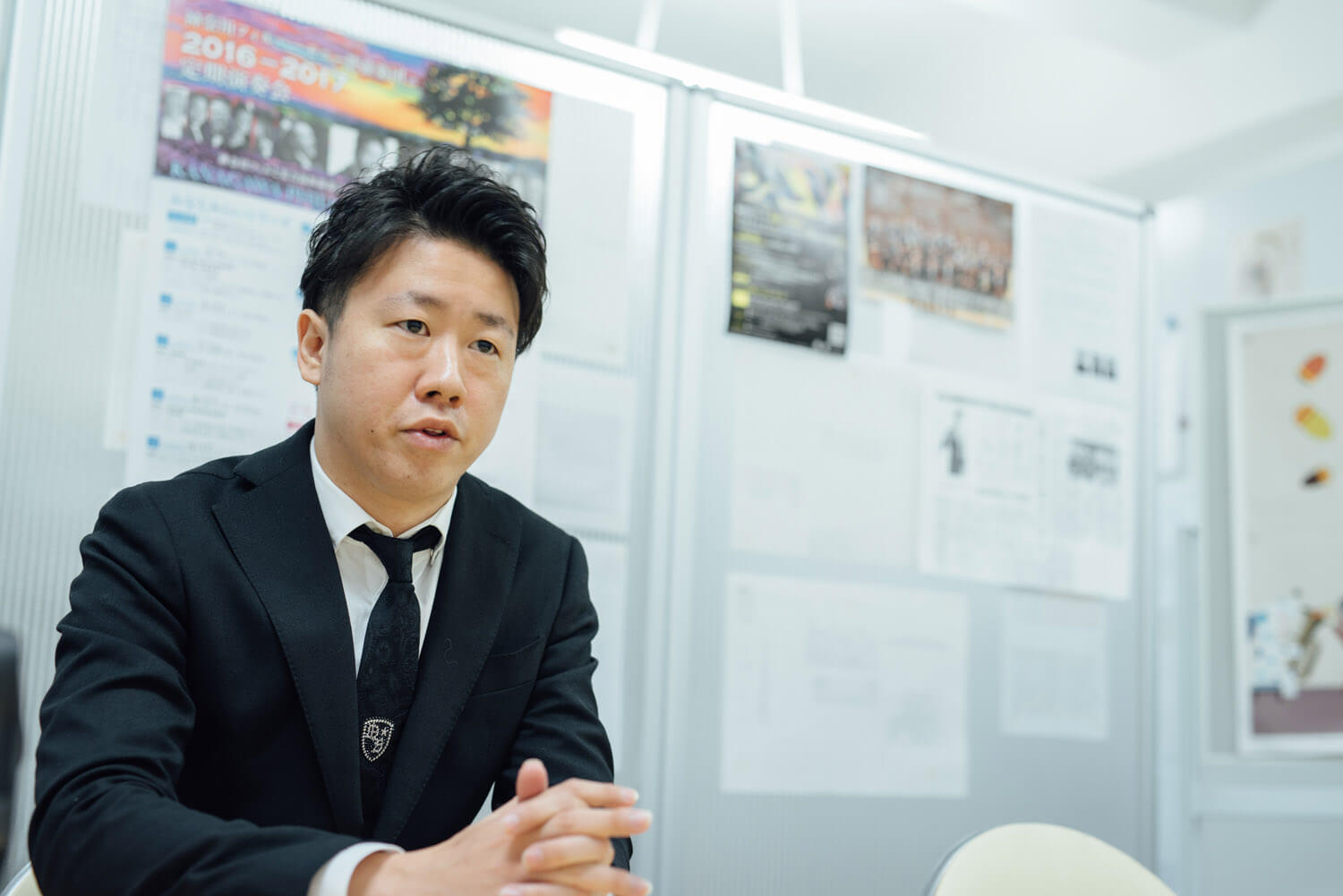
--After the presentation ceremony, a commemorative Kaoru Oe violin concert was held. How did you like the ceremony?
Kawase : The Yokohama Cultural Prize has been awarded to people in a variety of fields, not just music, and just listening to their speeches deepened my knowledge. I also met Kaoru Oe, who performed at the commemorative concert, for the first time in about three years since I conducted the concert in which he won the Japan Music Competition. That made me happy too.
--And Mr. Kawase was appointed to the Kanagawa Philharmonic Orchestra in 2014 as the youngest permanent conductor of an orchestra in Japan, and this year marks his third year. Looking back, how do you feel now?
Kawase : It went by so quickly. From the first year onward, I was given the opportunity to perform at the Kanagawa Philharmonic's 300th anniversary regular concert, began releasing CDs, and was featured on NHK. I think it's been 3 years. At the same time, having had my first experience with the Kanagawa Philharmonic Orchestra, I was wondering what I should do as a permanent conductor. There is also the difficulty of this. I'm still searching for the answer.
--How do you deal with that difficulty and sense of responsibility?
Kawase : Don't cover yourself up. I tend to be blunt about things (lol), so I try to be honest with my emotions and treat the orchestra members as human beings as well.
--I think that straightforward personality is also reflected in your musicality.
Kawase : I hope that's the case too. It's very difficult for people to share music and create it by playing together. I especially feel this when rehearsing, but in the first place music is not something you understand through words, but something you feel with your body. The more I say to the orchestra, ``This is how I want to play,'' the more I feel like I'm getting further away from the essence and the more empty I feel. For example... there are scenes in dramas and movies where a couple asks their lover, ``How much do you like me?'' (lol)
--yes. Scenes like that happen in everyday life (lol).
Kawase : But I think that once you say "I love you," you are not expressing your true feelings and emotions. The same goes for music. As a conductor, I am always aware of the difficulty of expressing what I "feel" and how to convey that to the orchestra. However, being able to hang out with the Kanagawa Philharmonic in this way allows me to try out various things musically, and I can grow as well. I think it was really great to be able to interact with the orchestra in the position of permanent conductor.
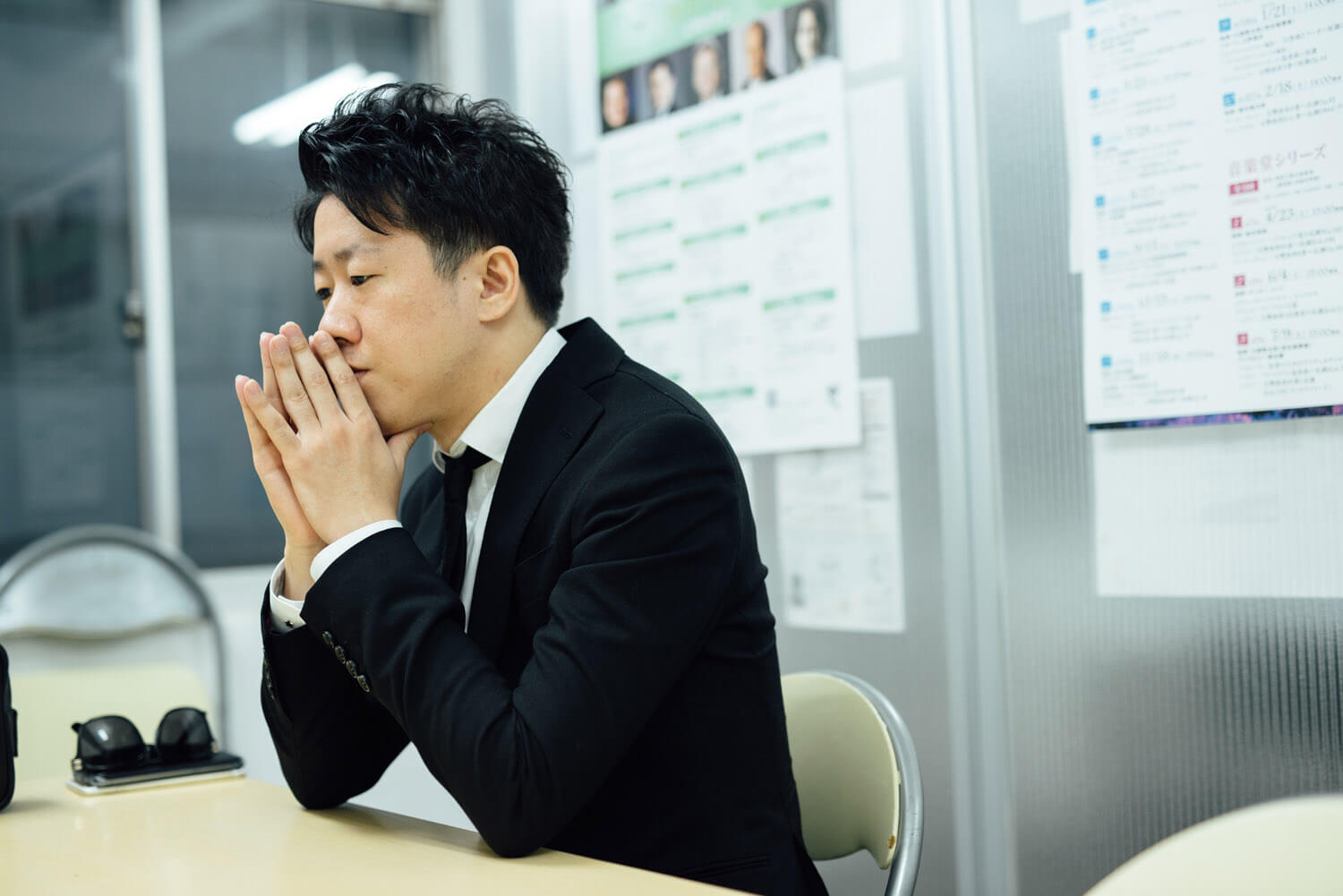
--Mr. Kawase, you still perform with many orchestras, including not only the Kanagawa Philharmonic but also the Nagoya Philharmonic Orchestra.What do you think is the appeal of the Kanagawa Philharmonic?
Kawase : It's a very friendly place, and there are many people who are thinking flexibly and fighting to make the orchestra better themselves. This attitude is reflected in our music, where we relentlessly pursue what's good, and we can discuss any questions we have together. In October, we announced a three-year contract extension from April 2017 to March 2020, and I'm looking forward to seeing how things change over the next three years.
--What do you think about the appeal of music?
Kawase : He has always been good at playing classical music such as Haydn, Mozart, and Beethoven. Not only technically, but he also clearly expresses the diction of classical works. It's not just about following notes, it's full of charm that speaks through sound. In particular, Naoto Sakitani, who became the first concertmaster at the same time as me, is younger than me, but he has many ideas that I don't have, and he has a lot of experience in chamber music. By applying that kind of power, you can express music with punctuation marks. I feel that the richness of the expressive power of playing natural intonation and harmony has increased. In addition to that, it has become more dynamic recently. I think the Kanagawa Philharmonic will continue to grow musically.
――For the past three years, you have been taking on the challenge of various programs with the Kanagawa Philharmonic. What do you keep in mind when considering the programs you conduct?
Kawase : It's a program that I would like to listen to as a music fan, rather than as a conductor. When it comes to cooking, what I try to keep in mind is "mixing meals." By inserting accents between the standard delicious course meals, the deliciousness of each dish stands out even more. Even at a concert, adding an accent piece can make a standard, well-known piece sound different, making it more interesting. We select songs with the aim of delivering a new package of music to our customers.
--Where do those ideas come from?
Kawase : Recently, I was reading Shusaku Endo's novel ``Silence,'' which has a Christian theme, and I suddenly thought...For example, there are songs in Japan that are based on fumi-e. There are several of them, so I thought it would be interesting to combine them with Mendelssohn's Symphony No. 5, ``Reformation,'' because even though the songs have the same Christian theme, you can feel the musical differences. ……And. That's something I always think about.
--The time may come when that theme becomes a reality. In the near future, a regular concert will be held at the Kanagawa Kenmin Hall on December 3rd, conducted by Mr. Kawase. The program will be Beethoven's ``Symphony No. 9 in D minor, Op. 125 ``With Chorus,'' which is a year-end tradition.
Kawase : ``Ninth'' has become so popular that some customers say they can't get through the year without listening to it. Schiller's poem ``Ode to Joy'', sung in the fourth movement, has the theme of all human beings being brothers, but because it is something that cannot actually come true, it contains an eternal wish. That's why this piece has so much energy, so I hope that people will receive great power from this song and use it as a good opportunity to think about their future lifestyle and how they interact with others.
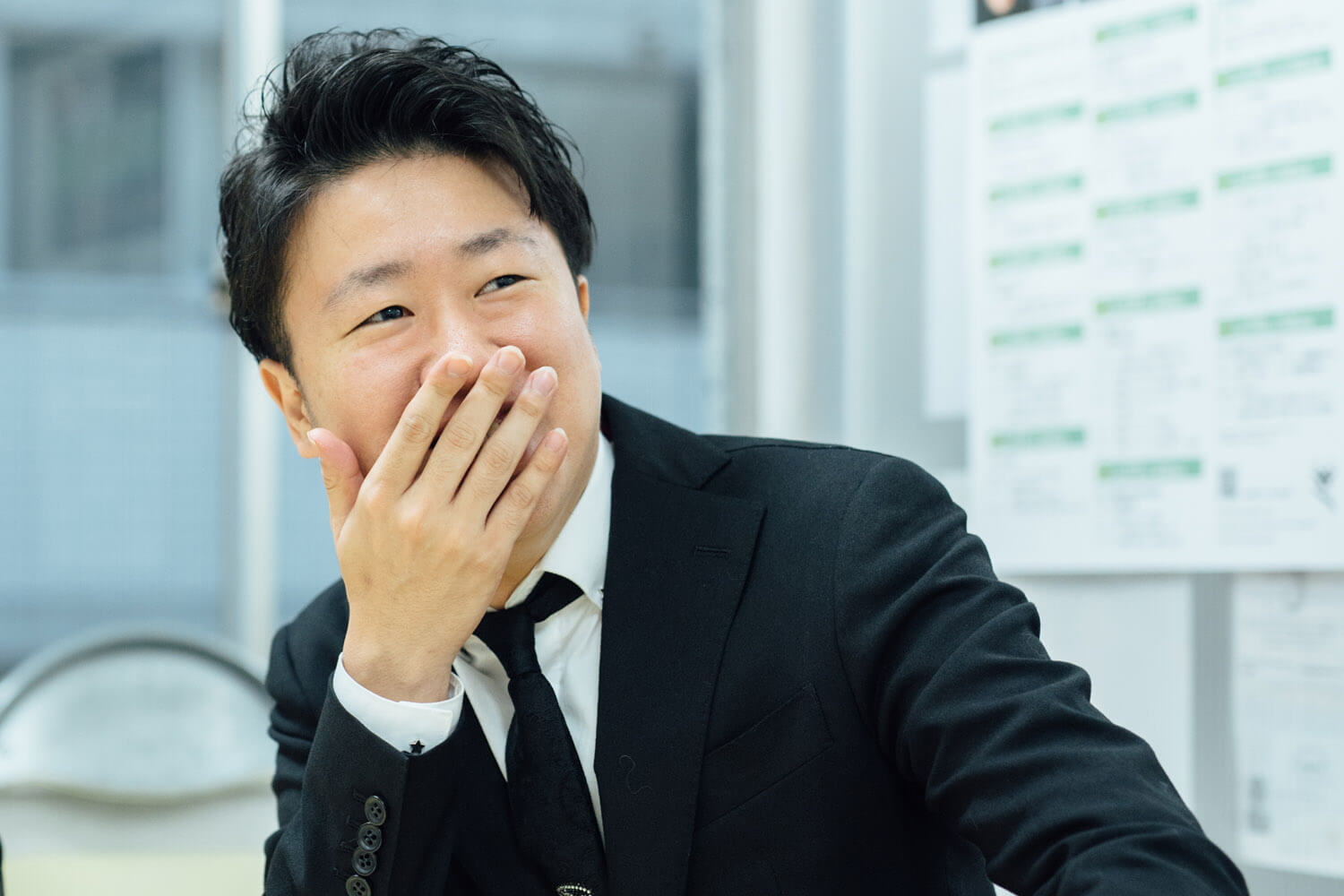
--This is a very rude question, but do you ever get tired of playing the "Ninth" every year?
Kawase : That's not true! (Laughs) Giving out the ``Ninth'' at the end of the year is also the culmination of my year. So, what I read from the score is different every year, and it also serves as a measuring stick for me to see what I've been thinking about and how much I've grown over the year. It's a song that I discover new things every year, so I never get tired of it.
--After the culmination of this year, you will be holding a regular concert at Yokohama Minato Mirai Hall on January 21st next year, which will be the beginning of 2017. I'm looking forward to that too.
Kawase : Usually, I have the privilege of visiting Minato Mirai Hall three times a year, and one out of the three times I always say, ``It's a bit unusual, but this food is really delicious!'' , I'm proposing some slightly unusual recommendations. The January period is exactly that. Rachmaninoff's Symphony No. 2 is the most famous, but this time I wanted the audience to listen to his Symphony No. 3, which is not often performed, but which I consider to be his most fulfilling work. Furthermore, I wanted to introduce to the guests in Kanagawa my fellow flutist Seiya Ueno, who I played with during my European debut, so I included Khachaturian's (arranged by Rampal) ``Violin (Flute) Concerto in D minor'' in the program. I did. ``Violin Concerto in D minor'' is also the 18th piece by our solo concertmaster, Yasunao Ishida, but this time I'm going to listen to it on the flute. The first song is JS Bach's (arranged by Elgar) "Fantasia and Fugue in C minor Op.86". This is also a very cool song, so I would like as many people as possible to listen to it.
